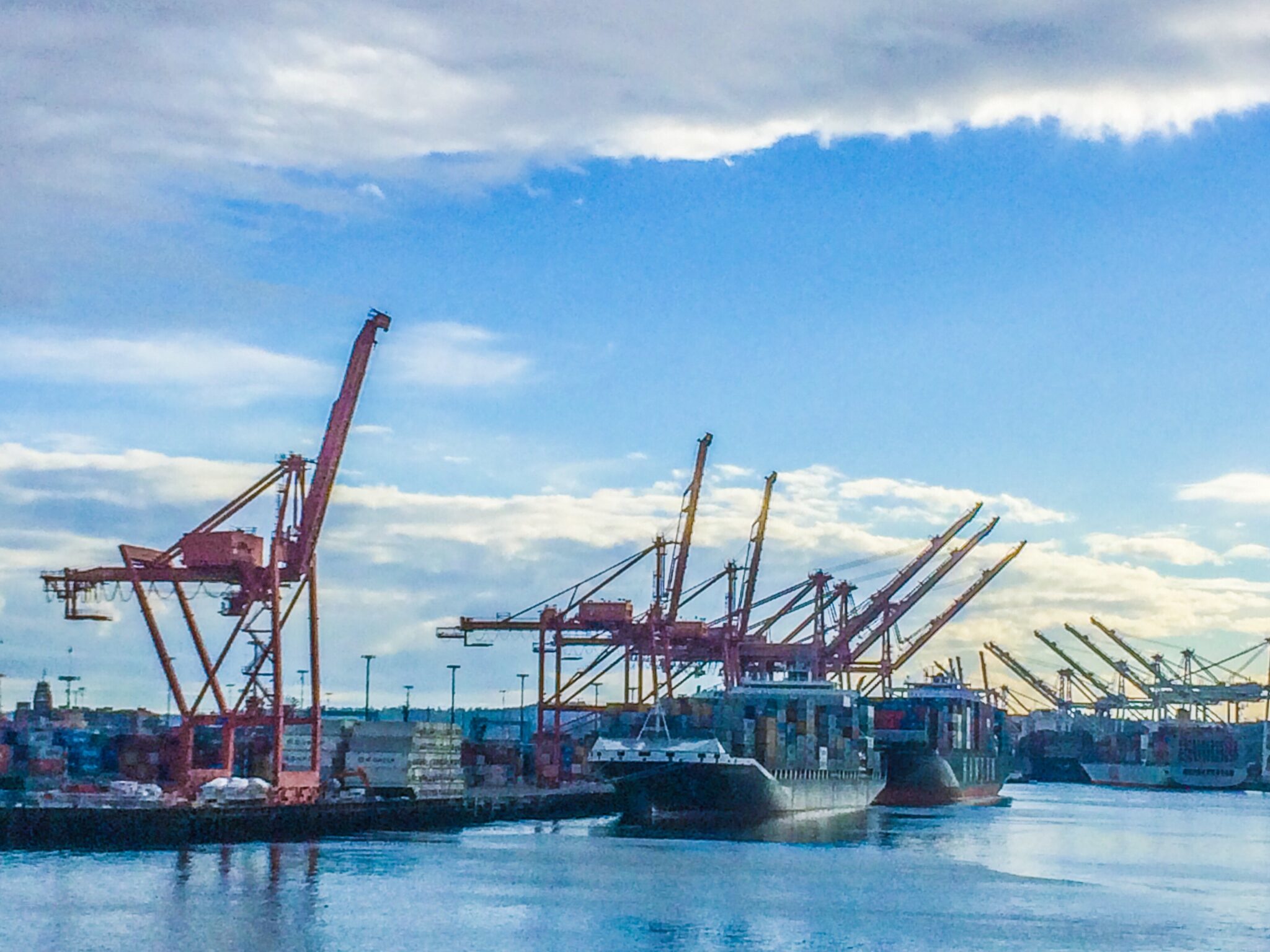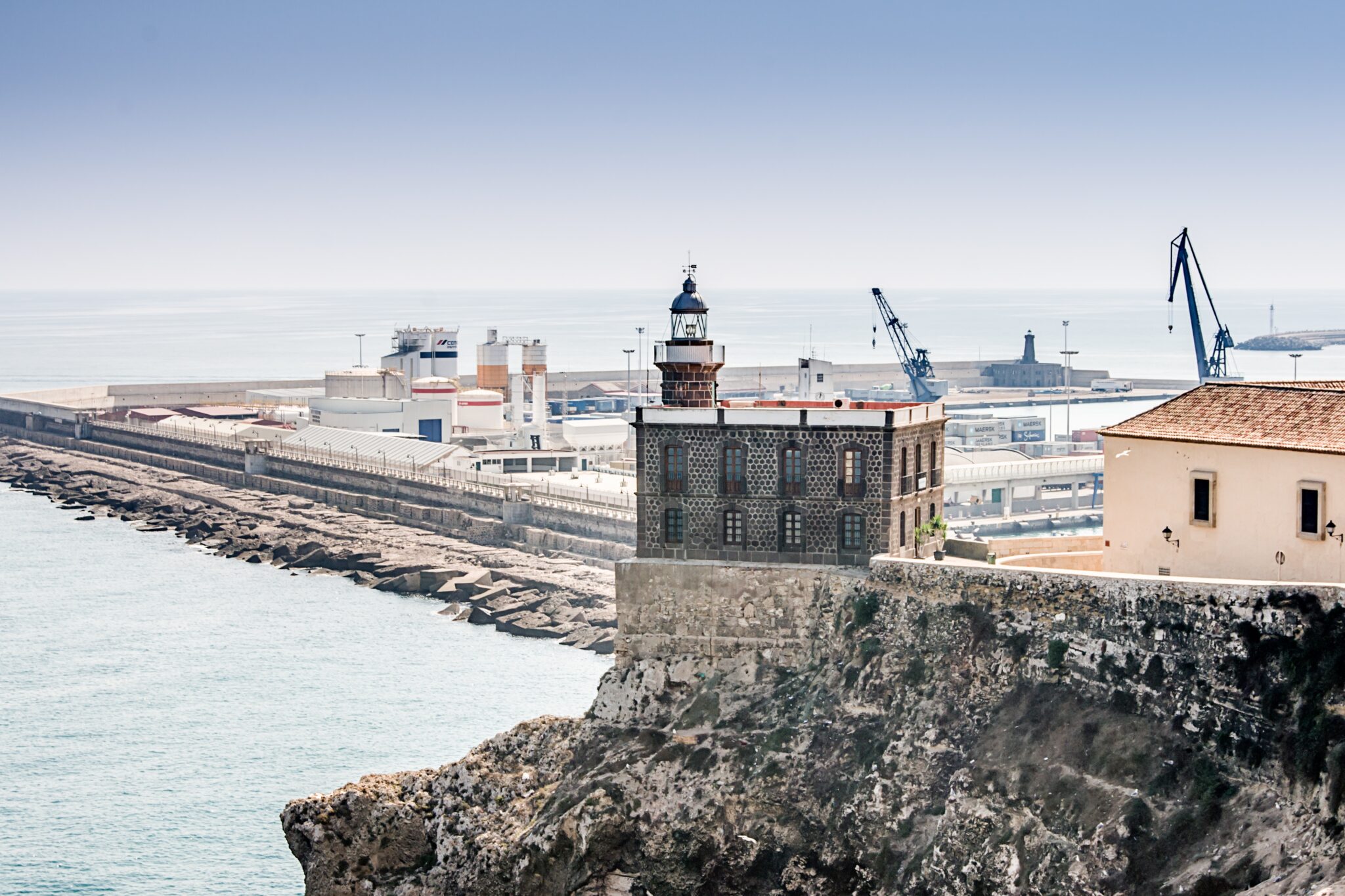IHCantabria develops a new methodological framework for climate risk assessment in ports of general interest
The application of this methodological framework will facilitate decision-making and increase the climate resilience of port infrastructures. It has already been applied in the outer port of Melilla and can be replicated, for example, in the Port of Santander
A study developed by researchers from the Environmental Hydraulics Institute of the University of Cantabria (IHCantabria) presents a new methodology for assessing climate impacts and risks in port infrastructures.
The results of this study have been recently published in the scientific journal Reliability Engineering and System Safety, through a paper written by the following IHCantabria researchers: David Lucio Fernández, Javier López Lara, Antonio Tomás Sampedro and Íñigo Losada Rodríguez.
The study takes the Intergovernmental Panel on Climate Change (IPCC) risk assessment framework as a reference, which allows estimating how climatic conditions, such as waves, wind or currents, reduce the operability, functionality and structural reliability of port infrastructures.
For this purpose, advanced statistical and numerical methods are used together to increase the accuracy of the results obtained.
This innovative approach has been applied to the new outer harbor of Melilla, in the Mediterranean Sea, revealing that extreme weather conditions, those with a very low probability of occurrence, can reduce the expected profitability of the port by approximately 1%.
“The methodology of the study focuses on assessing the implications of both extreme events, capable of producing the failure of port structures, and not so extreme weather conditions, which can temporarily stop port activity, such as those related to loading and unloading,” explains David Lucio Fernández, lead author of the paper.
The methodology combines high-resolution modeling of wave conditions up to the interior of port basins together with high-precision tools for the estimation of impacts and risks on port infrastructure. “This approach allows us to consider the totality of uncertainties in risk assessment, from the estimation of weather conditions to their economic impact, allowing us to translate the implications that maritime weather has on the port’s business model,” adds Lucio.
The application to the specific case of the Port of Melilla demonstrates how the new framework can be implemented in port infrastructures of the Spanish port system, which will improve decision making by identifying the necessary adaptation measures to reduce the risks induced by climate agents.
For more detailed information, the full content of the paper published in the journal Reliability Engineering and System Safety is available through this link.

The application of the new methodological framework in port infrastructures will improve decision making by identifying the adaptation measures necessary to reduce the risks induced by climatic agents

Port of Melilla, where the methodological framework referred to in this study has already been applied, which has confirmed the feasibility and convenience of its implementation in port infrastructures of the Spanish port system and other countries

